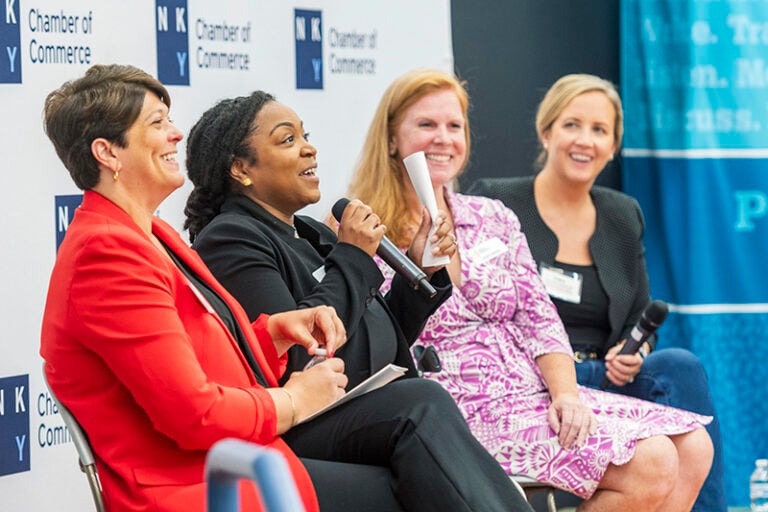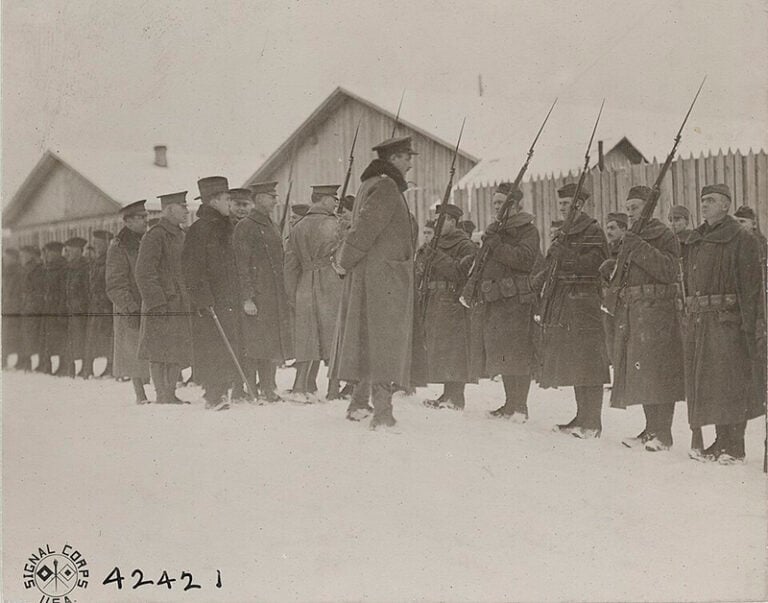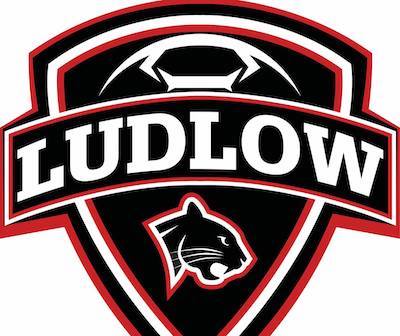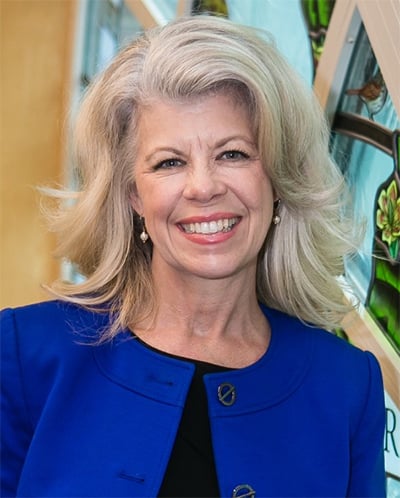Corbin Seavers learned by example some important principles from his father, who died when Corbin was only 17. He learned that being a “real” man means taking care of your children — even if you are deathly sick, as the elder Seavers did.
“He basically sacrificed his life for my sister and me,” said Corbin. He learned that one should lead in worthy causes and to pursue things bigger than oneself. His father served as a local director of the National Urban League, an organization advocating for the civil rights of African Americans.

But there was something else his father taught him that he thinks of continuously in his daily adult life; in fact, it has become his life’s work and a mission with a vision. “He taught me chess at eleven or twelve years old,” noted Corbin. And what was his father’s way of doing it? “We played a lot, and he taught me chess principles that to this day I still teach.”
Like a “real” man, he has taken good care of his daughter, Sarah, and he taught her at age six how to play chess. She’s done quite well in competitive matches as she transitions now into young adulthood. Corbin also spends a lot of time mentoring others, especially the young, in a spirit of caring, a “doing something bigger than one’s self” action. And, of course, there’s the game of chess that drives him, much like it did with his father.
Corbin conducts an afterschool chess program in Louisville that he established through HFS Marketing, an authorized Jefferson County Board of Education vendor. It’s operating in about twelve schools in the area. “We have contracts with schools for from six to ten weeks, one hour per week,” he said. The classes have from eighteen to twenty-five students.
Adding to that, Corbin is the director of the West Louisville Chess Club (WLCC), and along with it, also directs the West Louisville Chess League (WLCL). The league organizes chess matches between clubs in the area. “The club has the bulk of their members from the West Louisville black community, and we have a solid group in the low thirties (in number) with us.”
There are seven teams in West Louisville that compete in the WLCL, with a season of five tournaments. Some would say Corbin is bold in how he characterizes the competing participants. He says it is for a good reason. “I believe that we are athletes in order to convey to those outside the game that it’s not just a simple board game. We do this as a sport,” he noted. “Other countries have professional chess leagues. In the U.S., we don’t have enough cash-prized tournaments.” He has the desire to someday direct a professional chess league, but realistically, he knows that “someone must do the groundwork.”
When I asked the urban chess coach about what the greatest immediate benefit for young people engaging in the game of chess, he replied quickly: “Confidence…and that particularly means for young ladies, and that carries over long-term.”
Other benefits of chess, according to Corbin, especially in regard to teaching chess to youngsters and also mentoring them, are: improving sportsmanship, growing character, not cheating or being disrespectful to opponents, and the simple matter of being patient.
Studies show that children engaging in chess early often significantly improve academic achievement. “There’s no doubt that chess helps academically,” noted Corbin. “It’s all in how you teach it and how many hours the kids are able to invest in it initially. In a good after-school program, you should see improvement in two years, particularly in reading and math, and to some degree, behavior.”

What is his suggestion for the amount of dedicated time to produce those results? “The magical number is 30 hours over a nine-month period,” he said. He also sees summer chess camps as important, such as one he has conducted at Boyce College, in Louisville, where he noted that the kids there often “inspire me.”
Looking ahead, Corbin knows he has a large challenge, but he has huge aspirations for his West Louisville Chess Club. The group he leads has demographics of about 75 percent African-American and Latino minorities. Out of that aggregate, at least half are from single-parent households that are close or at the poverty level. “I don’t just want to be good, I want our boys and girls to be great,” he said. “My vision is to create the most successful urban chess program in the Commonwealth of Kentucky. We already have the talent, we just need the resources.”
His hope is to raise $25,000 by December for fostering the growth of the program. By doing so, it’s hoped that the club can take on more competitive matches (especially those that require significant travel) along with helping to pay competent chess instructors, as volunteers often are not completely reliable.
Visit the website www.thewestlouisvillechessclub.com or contact UrbanLouisvilleChess@yahoo.com to see how you might help Corbin’s chess program financial goal to be reached.
Steve Flairty is a teacher, public speaker and an author of six books: a biography of Kentucky Afield host Tim Farmer and five in the Kentucky’s Everyday Heroes series, including a kids’ version. Steve’s “Kentucky’s Everyday Heroes #4,” was released in 2015. Steve is a senior correspondent for Kentucky Monthly, a weekly KyForward and NKyTribune columnist and a member of the Kentucky Humanities Council Speakers Bureau. Contact him at sflairty2001@yahoo.com or visit his Facebook page, “Kentucky in Common: Word Sketches in Tribute.” (Steve’s photo by Connie McDonald)


















